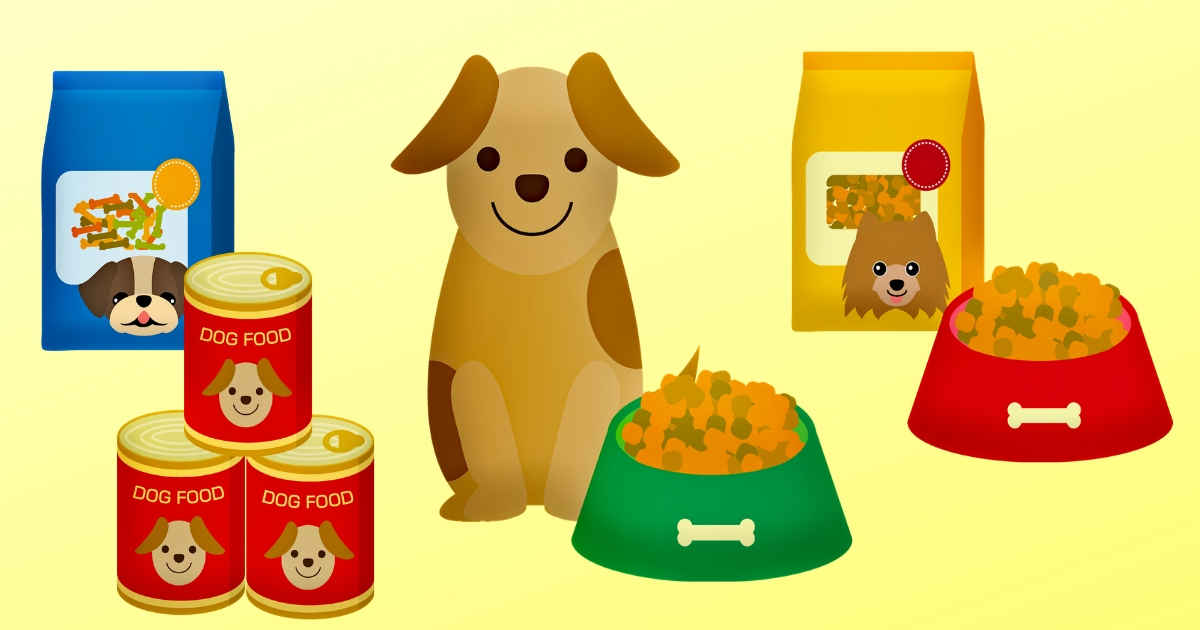Updated November 28, 2020
A few years ago, a sales rep for one of the major dog food companies came to me. The serious expression told me that there was something wrong.
“Andrew, you’re not making enough senior dog food sales.”
This wasn’t a surprise to me. Instead I said what I always say: “bring me the evidence that senior diets improve the health of dogs and I’ll use them.”
See also: Do Cats Need Senior Foods?
Do Old Dogs Need Special Food?
The truth is that no one has yet discovered a nutritional requirement of ageing dogs that’s different from younger adults. Their needs appear to be the same, and they seem to digest food just as well.
This is not to say that I’m against dog foods in general or the premium brands in particular. There’s no doubt in my mind that these are the safest choice. You’re getting a balanced diet and by spending more you should improve the digestibility.
What I’m against are spurious health claims.
What’s Wrong With Senior Diets?
If all you do is swap a perfectly healthy older dog from adult food to senior food, no harm is done. The problem occurs when the health isn’t perfect.
One of the most effective and evidence-based ways to treat disease in dogs is through their food. Excellent examples include:
You can follow the links to learn more about each.
The problem with senior dog foods is that they often make the same general claims but almost certainly don’t work as well. That leaves a dog with a poorly treated problem.
When Is A Dog Senior?
Another problem I have with senior diets is the ’oldification’ of normal dogs. Is a dog really senior at 6 or 7 years old?
This looks more like something dreamt up in a boardroom than a university. The veterinary view is this:
Pets are considered seniors when in the last 25% of their predicted life span based on species and breed
American Animal Hospital Association
This would make a regular dog senior at no less than ten years of age. As for the giant breeds, you won’t be surprised to hear that I’ve got a very different viewpoint too.
If you’re interested in reading more, visit my dog age calculator or this page on comparing the age of dogs and humans.
The Best Senior Dog Food
It is just as hard to feed a single food to all senior dogs as it is to give them all the same of anything. Food for an ageing dog needs to be tailored to his or her specific needs.
Most healthy older dogs probably won’t benefit from diet changes. Those who begin to lose muscle mass may benefit from higher protein diets, but these same foods can be harmful to other dogs.
Those who are gaining excess weight will need calorie restriction but that same excess weight could be due to adrenal or thyroid disease.
As for increased levels of antioxidants or fatty acids, these are probably beneficial but not very important.
As I hope you can see by now, what matters most to an older or geriatric dog is that you stay on top of whatever arises. That means that the most important thing isn’t a one-size-fits-all food. It’s the same as always: getting regular checkups and being responsive to their needs.
Lastly, I would be only too happy to be proved wrong. Particularly, I can see that diets for improved cognitive function might end up giving benefit to more than just those with CDS. The future looks promising and I would encourage anyone in the field to contact me as developments occur.
Related: Veterinary Pharmaceutical Sales Techniques | Are Premium Dog Foods Better?

